- Free schools for IDP children in Arakan State struggle to stay open amid funding shortfall
- Female-headed IDP households in Ponnagyun Twsp struggle as commodity prices surge
- Min Aung Hlaing likely to take State Counsellor role in post-election government formation: Analysts
- Hindus express hope for educational reform under AA administration
- Arakanese zat pwe performers struggle to survive as conflict halts traditional shows
CSOs report difficulties monitoring military polling stations
Civil society organisations say they are finding it difficult to monitor so-called military polling stations in Arakan State ahead of the November 8 general election.
05 Nov 2020
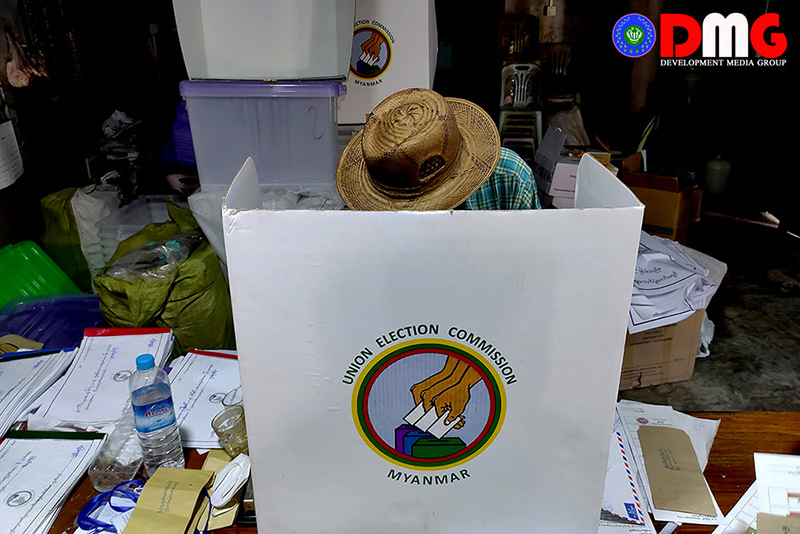
Khin Tharaphy Oo | DMG
5 November 2020, Sittwe
Civil society organisations say they are finding it difficult to monitor so-called military polling stations in Arakan State ahead of the November 8 general election.
The CSOs made that concern known on November 4 at the launch of research findings pertaining to the upcoming vote in Arakan State.
Arakan State Election Monitoring Committee member U Soe Lin said there are challenges to closely monitoring the polling stations designated for military personnel and their families due to coronavirus-related travel restrictions and ongoing conflict in parts of Arakan State.
“We find it difficult to monitor voting in military areas and to watch advance votes. There are travel restrictions. Another thing is the limitations we have to follow from the directives of the Ministry of Health and Sports. We have difficulties closely monitoring the advance voting and how they will cast ballots,” he said.
“If the UEC [Union Election Commission] could allow and create a situation based on transparency, we are willing to monitor,” U Soe Lin added.
The Arakan State election subcommission secretary, U Thurein Htut, noted that this year the so-called military polling places have been moved off of Tatmadaw bases, where they had been located in previous elections, to facilitate transparency.
“We have constructed Tatmadaw polling booths outside of military compounds. The election monitoring groups can study. Responsible booth officials and party representatives can enter. All are the same as the civilian booths,” he said.
Prior to last month’s election cancellations, there were plans for 68 polling stations for more than 8,000 eligible voters tied to Tatmadaw regiments and police battalions in Arakan State. Following the nixing of elections in several Arakan State townships, the numbers have been reduced to 25 polling places for 4,500 voters, according to the state election subcommission.
In Myanmar’s 2015 election, Arakan State received about 30,000 advance votes, most of which were from the families of military personnel, the Arakan State Election Monitoring Committee said.
Arakan State Election Monitoring Committee member U Khaing Kaung San also said there was reason to be suspicious about a UEC reversal on a handful of solidly military constituencies where voting was initially cancelled.
On October 16, the UEC announced that the entireties of nine townships in northern Arakan State and certain areas in Sittwe, Kyaukphyu, Taungup and Ann townships would not be able to hold elections this year. However, three village-tracts in Kyaukphyu Township and four village-tracts in Ann Township were re-enfranchised on October 27.
“The extension is doubtful because the USDP won in Ann in both the 2010 and 2015 elections,” U Khaing Kaung San said, referring to the military-backed Union Solidarity and Development Party.
“So, it is their purposeful arrangement to have elections in military areas, and it’s obvious why: They want seats in the Hluttaw. It is systematic,” he added. “So, the extended areas are mostly military areas where advance votes can be cast. However, whether there is a possibility for the USDP to win is something we have to wait and see. We cannot say exactly.”
The Arakan State Election Monitoring Committee has prepared to dispatch observers to hundreds of polling stations in the townships permitted to hold elections on November 8.




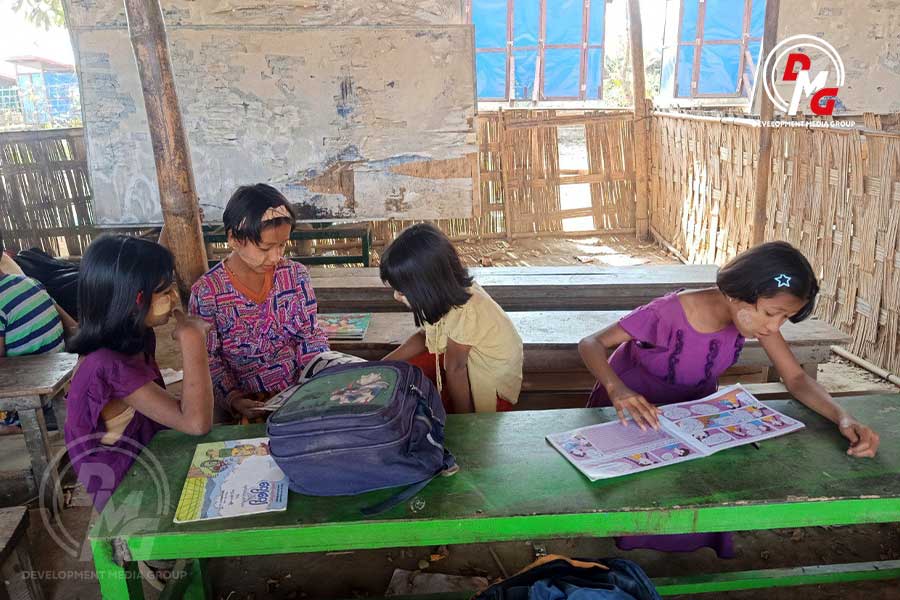
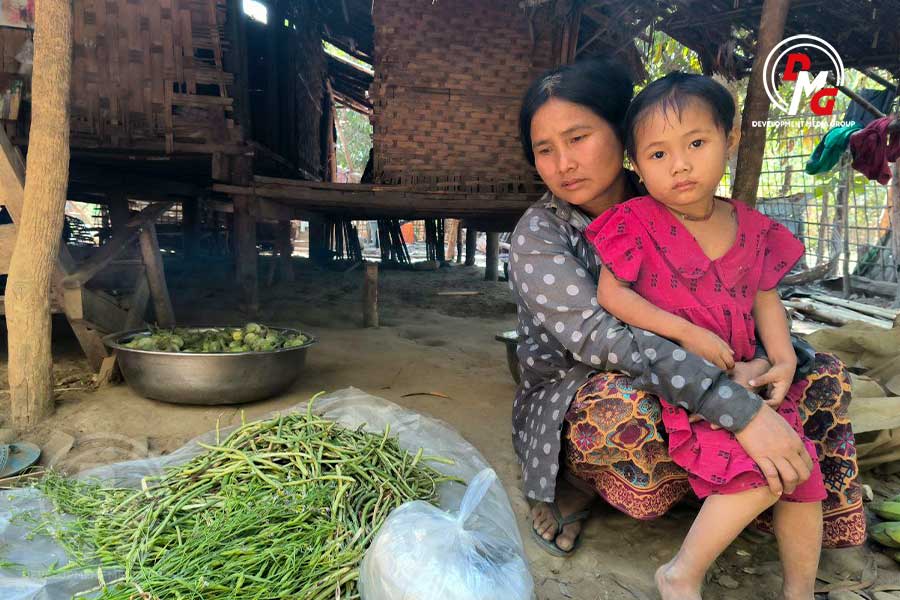
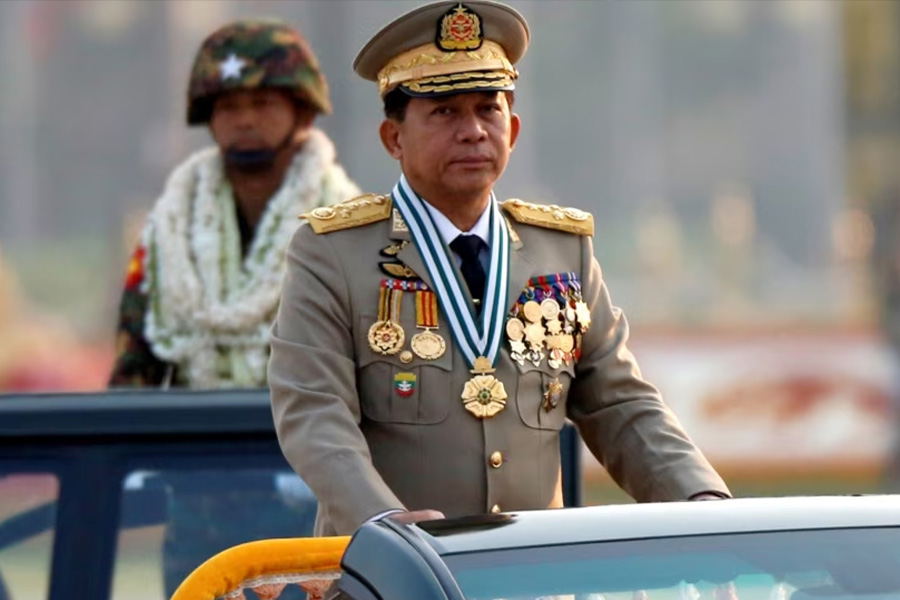
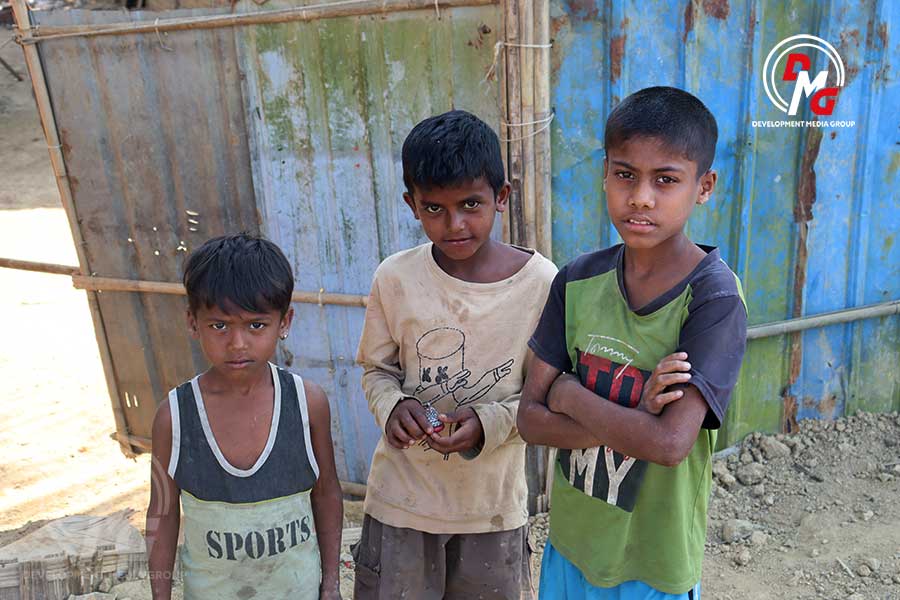
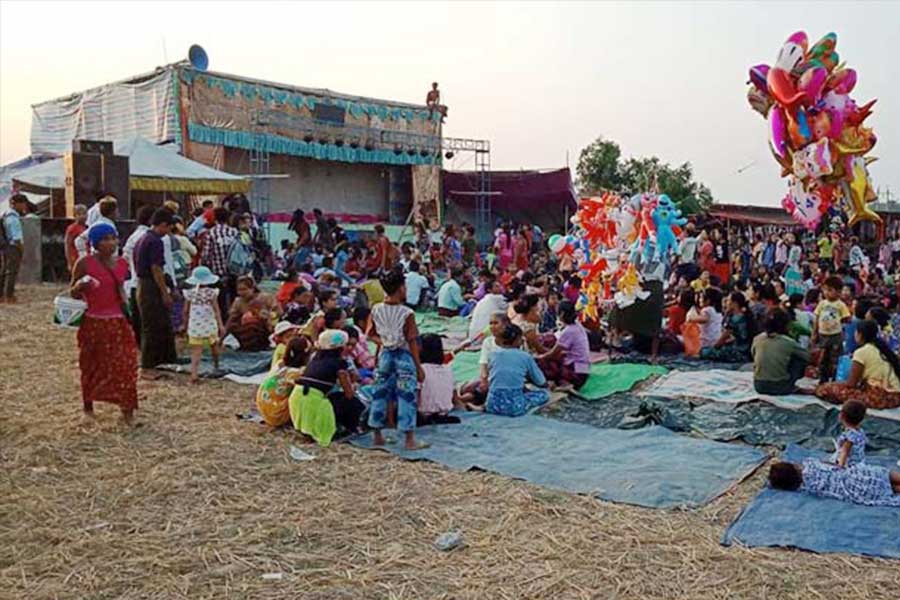








.jpg)